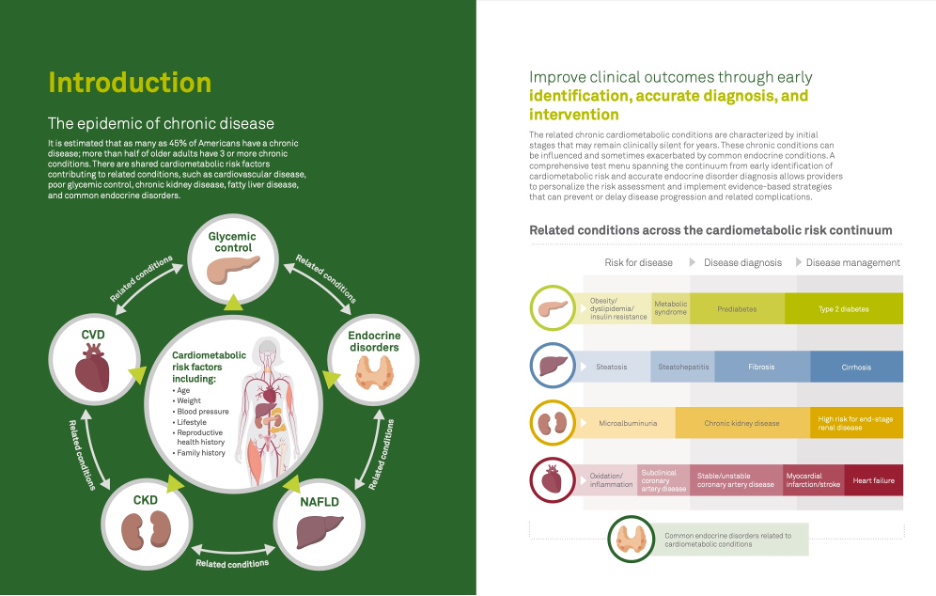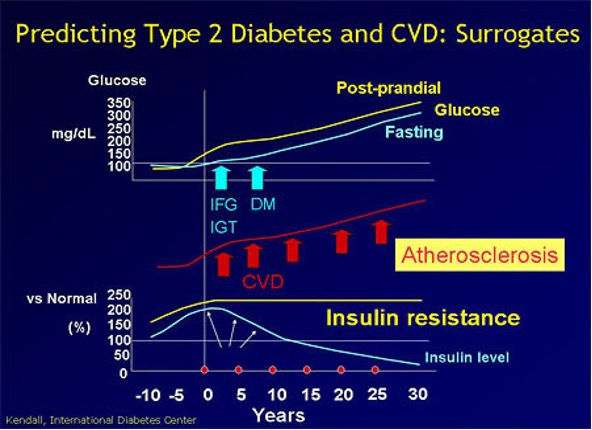Address:
20 Park Plaza, Suite 804
Boston, MA 02116
978-888-7999
Address:
20 Park Plaza, Suite 804
Boston, MA 02116
978-888-7999

by James Katz, MD, MPH
Two months ago, I got a call from Sam North at Quest Diagnostics. The Cleveland Clinic had launched a new Preventive Medicine program with Quest, and based on our lab profile, Age Management Boston stood out.
When Bob and I started the practice, prevention was more calling than specialty. We offered hormone replacement for both men and women, in-office VO₂ max testing, and were early adopters of home sleep apnea testing. Sam had reviewed our website, blogs, and years of lab data—enough to see that our two-person practice had planted its prevention flag nearly 20 years ago.
As an example, Sam and I discussed our routine insulin testing as an early warning for diabetes. Decades ago, the Joslin Clinic showed rising insulin signaled future complications. We built that into patient conversations twice a year, reinforcing the insulin warning message in newsletters with slides and stories. (Look at the pale blue line towards the bottom of the slide.)

Education remains central. Patients make most health decisions outside the exam room, so advice must be clear, practical, and shaped to their beliefs. Whether a patient fears blindness or neuropathy, we use those concerns to guide diet, exercise, and appropriate discussion of therapies like metformin or berberine.
Conventional diabetes intervention is triggered by high fasting glucose, a positive glucose tolerance test, or a Hemoglobin A1C > 6.4%. The conventional outcome is poor results and bad habits. For our patients, if their insulin level did not improve over the sequent twelve months, we took action five years (-5) before conventional wisdom would have started.
Stay tuned for how GLP-1 drugs are changing the whole diabetes algorithm.
Quest and Cleveland Clinic will bring more visibility to prevention as the aging population strains our sick-care system. There are numerous new tests in these packages, That said, we stay focused on meaningful testing—avoiding the trap of whole-body scans, for example, and other screenings that create more harm than benefit. I imagine Cleveland next move is an app that summarizes and interprets.
Above is Cleveland Clinic’s announcement.